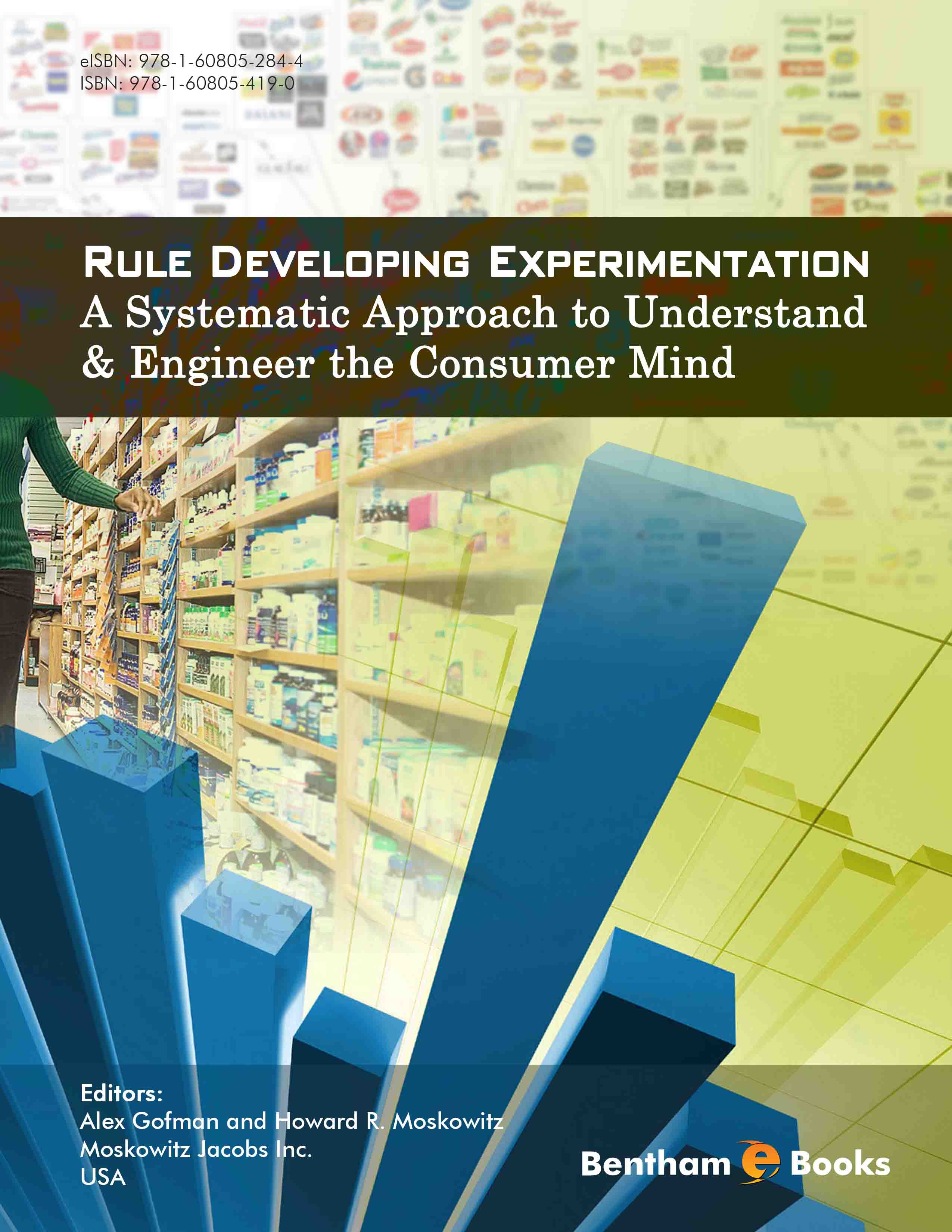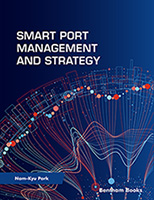Introduction
Consumers have been increasingly involved in the innovation process in the last few decades, a major driving force of business success. This involvement is critically important for innovation, particularly in product development.
However, consumers frequently cannot articulate exactly what they need, want, or like if they are asked directly. It is very difficult for consumers to articulate their needs and desires. Therefore, researchers have to use other means to understand their motivations. There are many arguments suggesting that focus groups cannot create a reliable direction for new product development (NPD) or message optimization. A solution for this problem lies in a systematic, structured and disciplined experimentation with consumers - presenting them with a set of experimentally-designed products or concepts and soliciting their preferences. It is much easier for consumers to choose a preferred option from a set of concepts. New technologies make it easier than ever to conduct complex experiments quickly and inexpensively. The expanded use of experimentation provides an opportunity to take innovation to a new level.
Rule Developing Experimentation (RDE) is an increasingly popular, structured, consumer-based experimentation methodology. RDE works with prototypes, either physical prototypes, prototypes created out of language (concepts), or prototypes created out of visual stimuli (design and packaging). In business, RDE is used both to understand existing products, product categories and packages, as well as to create next generation offerings in the process of new product development (NPD).
Rule Developing Experimentation: A Systematic Approach to Understand & Engineer the Consumer Mind
explains RDE concepts, beginning from its origins, to novel consumer research techniques and covers applications relevant to a real market context. Readers are also introduced to the concept of Mind Genomics® - a more holistic approach to gaining insight into the consumer mind.





